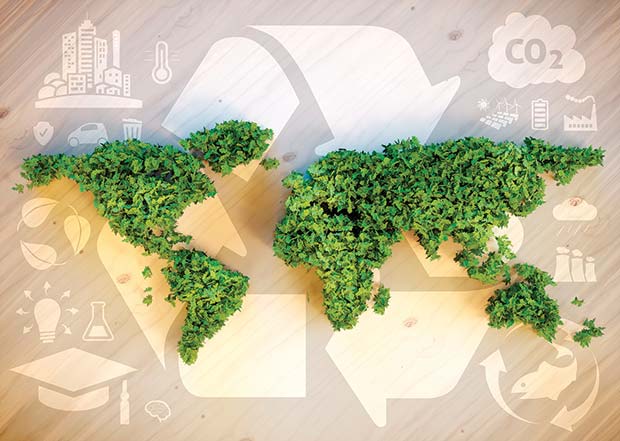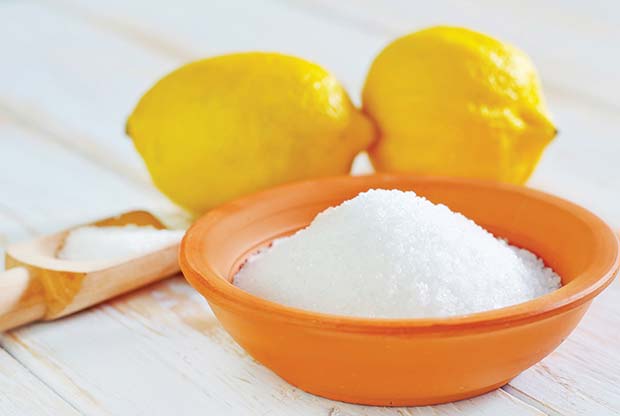We are a visionary and innovative process and service company in the area of Environmental Management and Materials Recycling. We believe in progressive sustainability, and the use of technology to create a better world.

Founded in 2014, our company’s name is a tribute to the Roman Emperor Marcus Aurelius. His strong moral values and ethical stance led to openness, honesty and justice for the people. Our company seeks to exemplify these principles in all its operations.
We have a vision; we believe in a fully sustainable business, where waste streams enter our processes and nothing but products leave. Where multiple recycling infrastructures complement each other – one stream’s waste being another stream’s in-feed.
Our journey towards this vision begins here, with a technology poised to revolutionise the recycling of lead-acid batteries.

In partnership with Cambridge University, we are developing the NUOVOpb: process – our zero-emissions, energy-yielding process for the recycling of lead.
The company currently operates from a single Industrial location at St Georges Works, Bradleys Lane, Tipton, Dudley DY4 9EZ. Dr Fox is based at Cambridge, working from the Materials Science & Metallurgy Department at the University of Cambridge, CB3 0FS, and the St John’s Innovation Centre, CB4 0WS We are now building a UK pilot plant to industrialise the process.
Our time scales are as follows; as of September 2016:
• 3-6 months for industrialisation (350 tonne scale)
• 6-12 months for product-to-market (stable supply of lead oxide)
• 24-36 months for production of 10,000 tonnes per annum in the UK
The recycling of lead is a colossal business. In 2013, global secondary lead production rose to 6.1 million tonnes (source: ILA). All of the lead produced in the USA is secondary lead, while in Europe it comprises 70% of the market.
Lead-acid batteries are the primary application for all this lead. In Europe and the USA, almost 100% of the used lead-acid batteries are recycled to afford the so-called secondary lead. This and other impressive statistics prove that lead is one of the most successfully recycled materials in the world.

The recycling of lead batteries via current methods produces “smelter smoke” – a toxic mixture of sulphur dioxide, nitrogen dioxide and often lead particles. This is indeed ironic; the recycling of lead is motivated by our desire to sustain the world’s resources, and yet it damages the environment.
The lead-acid battery commands the largest segment of the battery market. It is used in over 1 billion petrol and diesel vehicles to start the engine and to power on-board electronics. Hybrid and electric vehicles also use these batteries to improve fuel efficiency and to reduce carbon emissions.
Standby power supplies are also dependent on the lead-acid battery. Indeed, most of the world’s fixed and mobile phone networks, IT infrastructure, Hospitals, medical devices and more rely on these batteries for emergency power. They are even used in the renewable energy market to provide low-cost storage for the energy generated from solar and wind power.
The lead acid battery is the main application for lead, with 60-70% of the global lead consumption derived from the recycling of used batteries. On a global scale, consumption of lead exceeds 12 million tonnes per year – and growth rates are forecast to rise for decades to come, particularly in emerging markets.

The demand for a new, low-capital cost process for the recycling of lead, which can lend itself to small scale and is environmentally friendly, will have a major global impact.
Our novel approach, based on a process invented by researchers at Cambridge University, has the capacity to transform lead recycling into a more profitable and environmentally friendly business. Our process uses refined mechanical separation and a patented hydrometallurgical process to afford a lead oxide battery paste unlike any other. The key benefits offered by our process and product are as follows:
• No harmful emissions.
• Energy is a product of the reaction.
• Instead of only producing lead ingot, we produce “battery-ready” lead oxide.
These key benefits deliver three important outcomes.
1. We can produce a more efficient battery.
2. Low capital expenditure.
3. Economic advantage.
Our technology is based on an ambient temperature hydrometallurgical process at the heart of it all – replacing the comparatively hot, high-energy processes used in pyrometallurgy. The individual steps involve; Leaching- Crystallisation – Combustion/Calcination – Lead-Sulphate Recovery, and this new lowcapital cost process can lend itself to small scale operations and as it is environmentally friendly, will have a positive global impact.
With our UK pilot plant due to open by end of 2016, we are paving the way for companies to join us on our mission to deliver nextgeneration recycling – with corporate responsibility, sustainability and a brighter future for all!




Comments are closed.